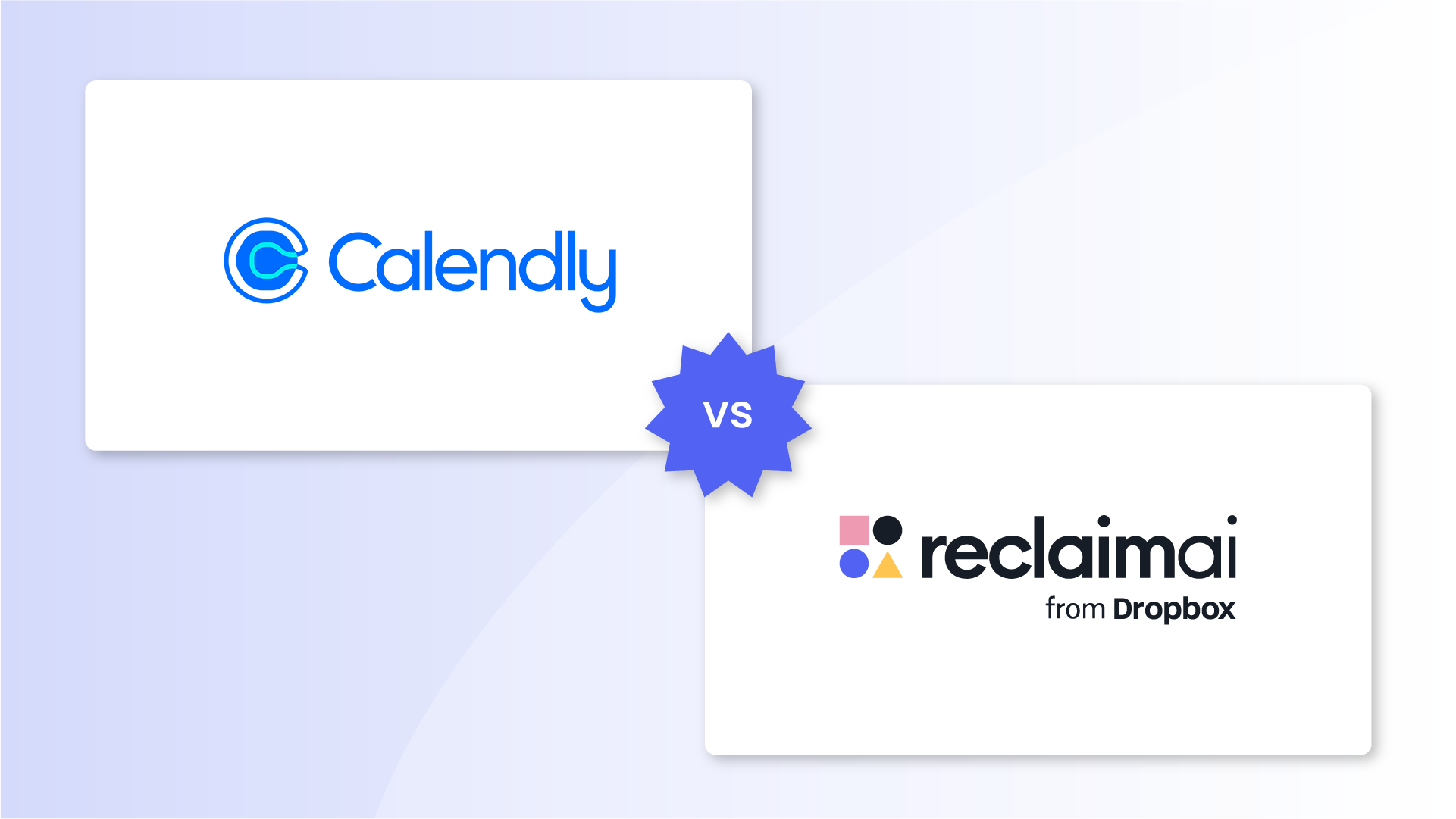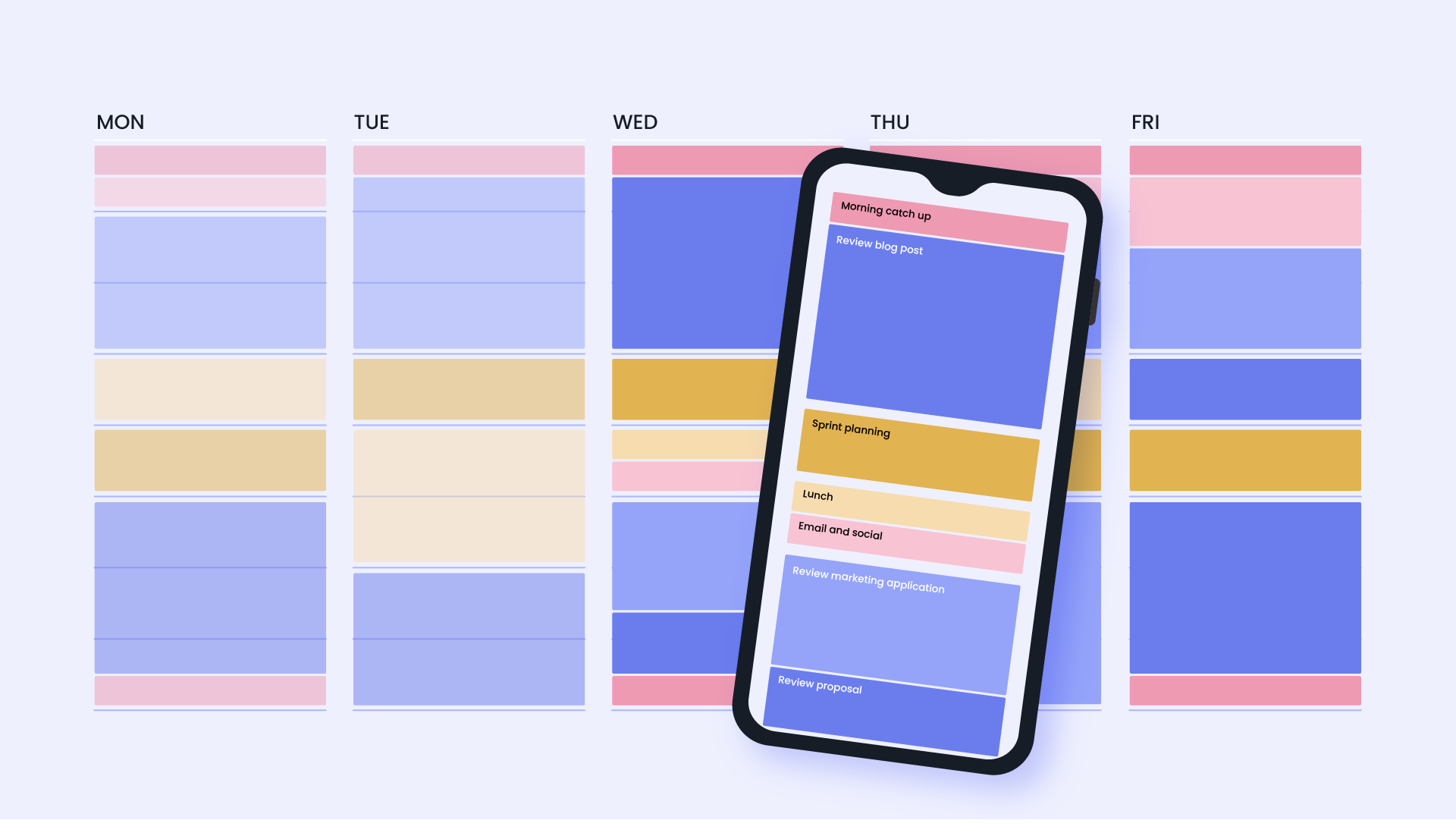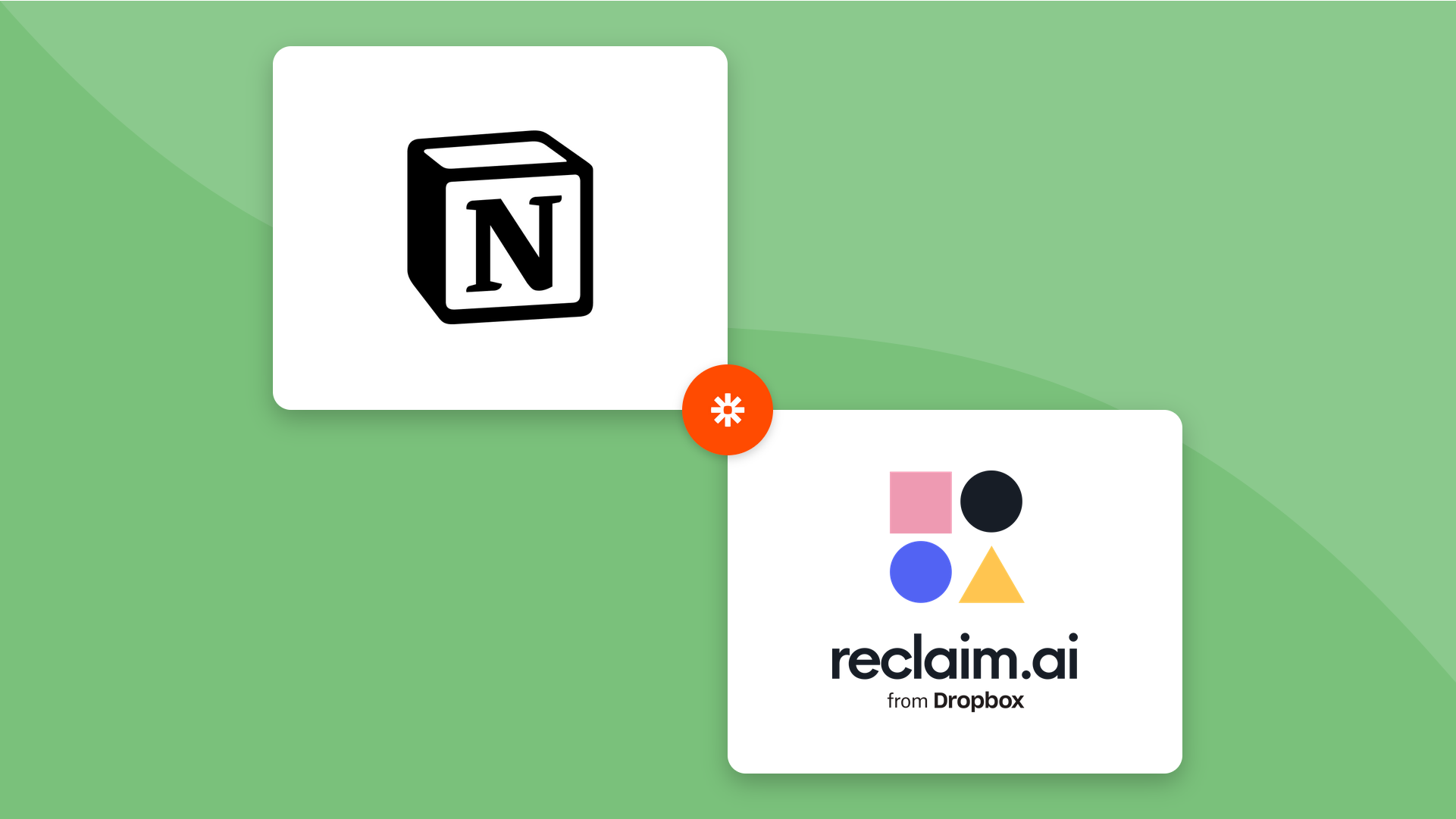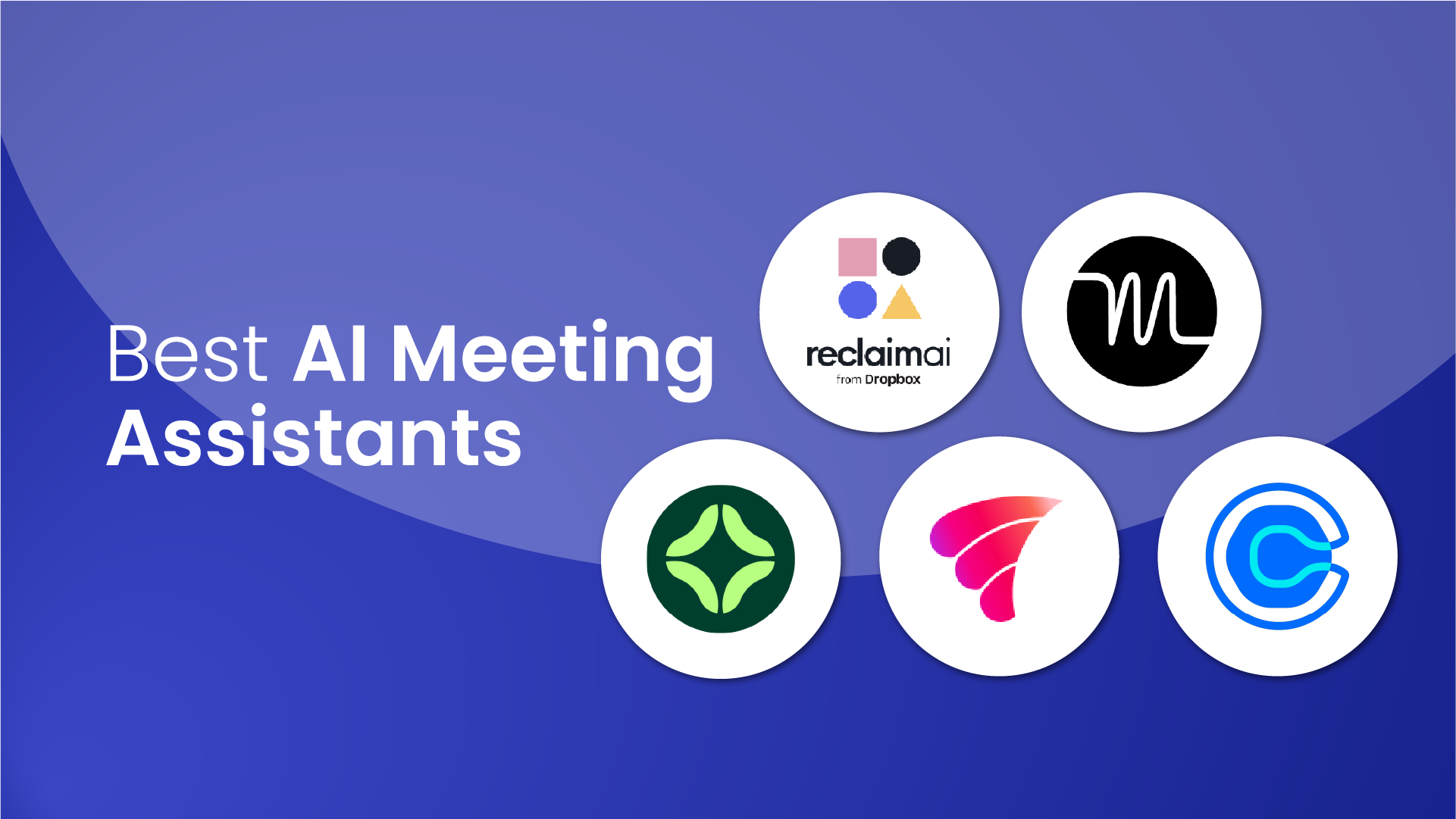Picture this: you're about to set off on a long road trip without a map or an agreed upon destination with your travel companions. You’ll probably end up driving aimlessly, encountering unforeseen obstacles, or even end up lost without any clear direction. Seems a bit ambitious (or reckless), to say the least right?
That's what launching a project without a solid kickoff meeting feels like. Even with a talented team and a great idea, it’s all too easy to get lost along the way without clear alignment and direction from the start.
In this comprehensive guide, learn everything you need to know about project kickoff meetings, including benefits, types, and how they should be run.
What’s a kickoff meeting?
A project kickoff meeting is the first meeting focused on launching a new project. It's a pivotal point where key stakeholders, team members, and potential clients convene to solidify the project's purpose, scope, and goals. Typically, this one-time meeting occurs after the initial planning phases but before diving into the core execution of tasks.
Kickoff meetings serve as a platform for clarifying roles and responsibilities, defining expectations, and aligning strategies for effective execution. Beyond its practicalities, a well-run kickoff meeting paves the way for streamlined communication, proactive problem-solving, and ultimately, a successful project outcome.
At its core, a kickoff meeting is a structured and purposeful assembly designed to achieve several key objectives:
1. Initiation & introduction
The kickoff meeting provides an opportunity to introduce the project to all stakeholders involved. It serves as a platform for familiarizing participants with the project's purpose, objectives, and scope.
2. Alignment & clarity
One of the primary goals of a successful project kickoff meeting is to provide alignment among all stakeholders regarding the project's goals, expectations, and deliverables. By clarifying roles, responsibilities, and project parameters, the meeting sets the stage for a unified approach to project execution.
3. Engagement & commitment
A well-executed kickoff meeting promotes engagement, enthusiasm, and commitment among participants. It encourages stakeholders to actively contribute to the project's success and instills a sense of ownership and accountability.
4. Communication & collaboration
Effective communication is central to the success of any project, and the kickoff meeting serves as an opportunity to establish communication channels, protocols, and expectations. It promotes open dialogue, collaboration, and knowledge sharing among team members and stakeholders.
5. Setting the tone
The kickoff meeting isn't just about logistics, it's about inspiring the team. Use this time to cultivate a project culture where everyone feels empowered to contribute, take risks, and support each other as you reach for amazing results.
What are the benefits of a kickoff meeting?
A well-executed kickoff meeting is the key to unlocking a project's full potential. Here are some of the benefits:
1. Higher project success rate
When everyone understands the project objectives and success metrics from the outset, they make decisions that support those goals. This alignment reduces scope creep, rework, and costly misinterpretations of the desired results.
Not only that, but clear expectations for timelines and a detailed breakdown of the budget creates accountability for the project. The team is more likely to stick to the plan if everyone agrees on it (and understands the consequences of deviations) at the project's start.
2. Improve communication & collaboration
Project kickoff meetings establish who communicates with whom, how often, and in what format (meetings, emails, reports, etc.). This prevents delays caused by misdirected questions or requests.
Also, clearly defining who's responsible for what reduces confusion, prevents task duplication, and guarantees nothing falls through the cracks. Team members work efficiently with a clear understanding of their contributions.
3. Proactive risk management
The kickoff meeting is also an opportunity to surface potential problems that the team might not have considered individually. Having everyone think about obstacles creates a pool of ideas for mitigation strategies.
And proactively addressing risks means the team can develop backup plans if things don't go as expected. This avoids being caught off guard and scrambling for solutions later, which can always run the risk of derailing a project.
4. Enhance team morale
When a kickoff meeting effectively outlines the "why" of the project alongside the "how," it motivates the team. People are more invested when they see how their work contributes to the bigger picture at the company.
Because kickoffs provide space for everyone to voice concerns and offer solutions, a greater sense of trust, respect, and a sense of ownership will follow that can really energize your team.
Types of kickoff meetings
Kickoff meetings aren't one-size-fits-all. The format and attendees will vary depending on the project's nature and the stakeholders involved. Here are the most common types:
1. Internal project kickoff meetings
As the name suggests, an internal project kickoff meeting brings together the internal project team. The primary objective is to align team members on project objectives, timelines, individual responsibilities, and internal work processes.
The participants typically include project managers, core team members, and potentially department heads or representatives from other teams supporting the project.
2. External project kickoff meetings
These kickoff meetings involve both the internal team and external clients or key stakeholders. They establish a collaborative foundation, clarify client expectations, and outline how the client will be involved throughout the project.
The participants typically include the project manager, team members, client representatives, and critical external stakeholders.
3. Agile kickoff meetings
These kickoff meetings are specifically tailored for projects using Agile methodologies like Scrum or Kanban. These meetings emphasize flexibility, iterations (sprints), and frequent review. The team discusses how Agile principles will be applied to the project's management.
The participants typically include the project manager, scrum master (if applicable), product owner, and development team.
4. Executive sponsor kickoff meetings
Designed to secure buy-in, resources, and ongoing support from high-level executives. The focus is on outlining the project's strategic value, how it aligns with organizational goals, and defining key performance metrics for success.
The participants typically include the project manager, executive sponsor(s), and optionally key team members to provide technical or operational insights.
How to run an effective kickoff meeting
Kickoff meetings can make or break a project. They're your chance to get all the necessary players aligned and energized right out of the gate. And by investing some time in your pre-meeting prep, crafting a clear agenda, and nurturing a collaborative atmosphere, you can turn this critical meeting into a springboard for project success.
Let's take a look at the important steps you can take to make the most of your kickoff, from setting expectations and outlining roles to encouraging questions and open communication.
1. Prepare ahead of time
Like virtually any other meeting, you'll want to lay the groundwork out before your kickoff meeting. Begin by crafting a detailed agenda (we'll provide an example kickoff meeting agenda template below) outlining the discussion points for the meeting and share it with attendees in advance. That way, everyone will come to the meeting prepared to contribute, keeping the meeting focused.
Next, identify the key decision-makers who must be present and make sure you get find mutual free time for everyone in the calendar. This is one of the hardest parts since kickoff meetings often involve a lot of busy people with already full calendars. But you can use AI-powered Scheduling Links to easily find free time across your team.
Avoid inviting unnecessary attendees, as large meetings can be cumbersome and hinder productive discussions. Finally, consider if there are any pre-reading materials, like the project plan or project background, that would be helpful for attendees to familiarize themselves with beforehand.
2. Make your introductions
Start the meeting with introductions, even for teams who have worked together before. This is a chance to welcome a new team member, refresh memories on people's roles, and establish a positive and collaborative tone for the project. Consider incorporating a quick icebreaker activity, especially for new teams. This is a great way to encourage interaction and help people feel more comfortable contributing to the discussion.
3. Outline the purpose of the kickoff
Clearly state the project purpose at the outset. Emphasize that the goal is to bring everyone together on the same page regarding the project's goals, objectives, and overall approach. By setting the stage for open communication and collaboration from the beginning, you're laying the foundation for a smoother project journey.
Similarly, a well-run kickoff meeting helps to establish clear roles and responsibilities, define communication channels, and identify potential roadblocks early on, which reduces the risk of misunderstandings, delays, and missed deadlines throughout the project lifecycle.
4. Share the project plan, scope, timeline, & deliverables
This is where the real discussion starts. Present a concise overview of the project plan, project scope, timeline, and deliverables highlighting the project's goals, objectives, and key milestones. The project plan should outline the overall approach to the project, including the methodology (e.g., Waterfall, Agile, Kanban) that will be used to guide task execution.
Clearly defining the project scope is one of the most important discussions you'll have during your kickoff meeting, as it solidifies exactly what work is involved in the project and confirms everyone involved has the same understanding.
Here's a breakdown of the key terms to keep in mind:
- Statement of Work (SOW): This document, typically agreed upon between you and the client, outlines the specific services or deliverables you'll provide and the deadlines for completion. It serves as a contract that sets expectations for both parties.
- Project scope: This goes beyond the SOW and provides a detailed description of everything that will be delivered in the project, along with the work required to accomplish those deliverables. It's important to note what is not included in the project scope to avoid misunderstandings down the line.
- Project timeline: This is a visual roadmap of the project, outlining what deliverables are expected and when. The level of detail can vary depending on your project's needs, but it should provide a clear picture of the project's overall timeline.
- Deliverables: These are the tangible outputs or results you'll be providing to the client at the end of project phases or upon completion. Examples of deliverables can include reports, software applications, marketing materials, or any other product or service outlined in the project scope and timeline.
6. Determine responsibilities across the team
A successful project hinges on clear roles and responsibilities. During your kickoff, don't just outline tasks, but meticulously assign them to specific individuals. Doing so avoids any potential future confusion, preventing tasks from falling through the cracks or causing friction over who should be doing what. Establish who holds the final authority on various aspects of the project, streamlining approvals and decision-making.
7. Discuss risk & potential issues
No project is immune to unexpected hurdles. Adopt a proactive approach during your kickoff meeting by facilitating an open brainstorming session focused on potential risks. Discuss what could derail the project – whether internal factors like resource constraints or external threats, such as changing market conditions.
By anticipating risks early on, the team can start developing mitigation strategies. This proactive planning sets the foundation for successfully navigating challenges should they arise.
8. Determine tools & methods the team will be using
Clearly define the tools and methodologies your team will employ throughout the project. Determine which project management software, communication platforms, and specialized tools team members will need to execute, plan, and defend time for their tasks efficiently. Make sure everyone on the team has access to and the necessary training on these tools.
9. Determine how you'll track progress & project updates
Communication is the lifeblood of a successful project. During the kick-off meeting, decide on the cadence of progress reports and team meetings you’ll need for the duration of the project. Will you hold daily standups, and weekly progress meetings, or use another method? Once you figure out how often you need to meet, you can create a Smart Meeting to automatically find the best time across all team members so your meeting always finds time on the calendar (and auto-reschedules if an urgent conflict comes up).
Similarly, determine the best communication channels to share updates. Will they be shared via email, a project management tool, or during regularly scheduled meetings?
10. Answer any questions & discuss next steps
One of the most important things is making sure everyone leaves with a clear understanding of the project and next steps, not just the project leaders. Create a safe space for attendees to ask questions during your kickoff, and allocate ample time for a thorough Q&A session at the end. By proactively addressing any concerns and making time to discuss next steps, the team can leave the meeting feeling informed and confident in their role within the project.
Project kick-off meeting agenda template
Project Name: [Insert Project Name]
Date: [Insert Date]
Time: [Insert Start and End Time]
Location: [Physical meeting room or virtual conferencing link]
Attendees:
[List of key attendees: Project Manager, Team Members, Client Representatives (if applicable), Executive Sponsor (if applicable), etc.]
Agenda
1. Welcome & Introductions (5-10 minutes)
- Brief introductions of each attendee and their role in the project
- Icebreaker activity (optional, especially for new teams)
2. Project overview (15-20 minutes)
- Concise presentation of project goals and objectives
- High-level timeline and key milestones
- Scope of the project (what's included, what's not)
3. Roles & responsibilities (10-15 minutes)
- Outline who is accountable for specific deliverables and project tasks
- Clarify decision-making processes
4. Communication plan (10 minutes)
- Meeting frequency and format (e.g., daily standups, weekly updates)
- Preferred communication channels (email, project management tool, etc.)
- Escalation process for important issues
5. Risk assessment (15-20 minutes)
- Brainstorm potential risks or roadblocks to the project
- Begin discussing mitigation strategies
6. Q&A session (10-15 minutes)
- Opportunity for attendees to ask questions and clarify any uncertainties
7. Next steps & action items (5-10 minutes)
- Review key action items and who is responsible
- Set dates for upcoming meetings or check-ins
How to use this template:
- Duration: Adjust timings based on your project's complexity and size.
- Specifics: Include agenda items tailored to the type of kickoff (e.g., Agile projects might discuss sprint planning, executive kickoffs might focus on KPIs).
- Pre-work: If pre-reading material was shared, allocate time to quickly review key points.
Hit the ground running with successful kickoff meetings 🏃
A successful kickoff meeting is an investment in the future of your project. With preparation, enthusiasm, and a focus on the strategies we've outlined, you'll be well on your way to launching a project defined by clear goals, open collaboration, and extraordinary results.









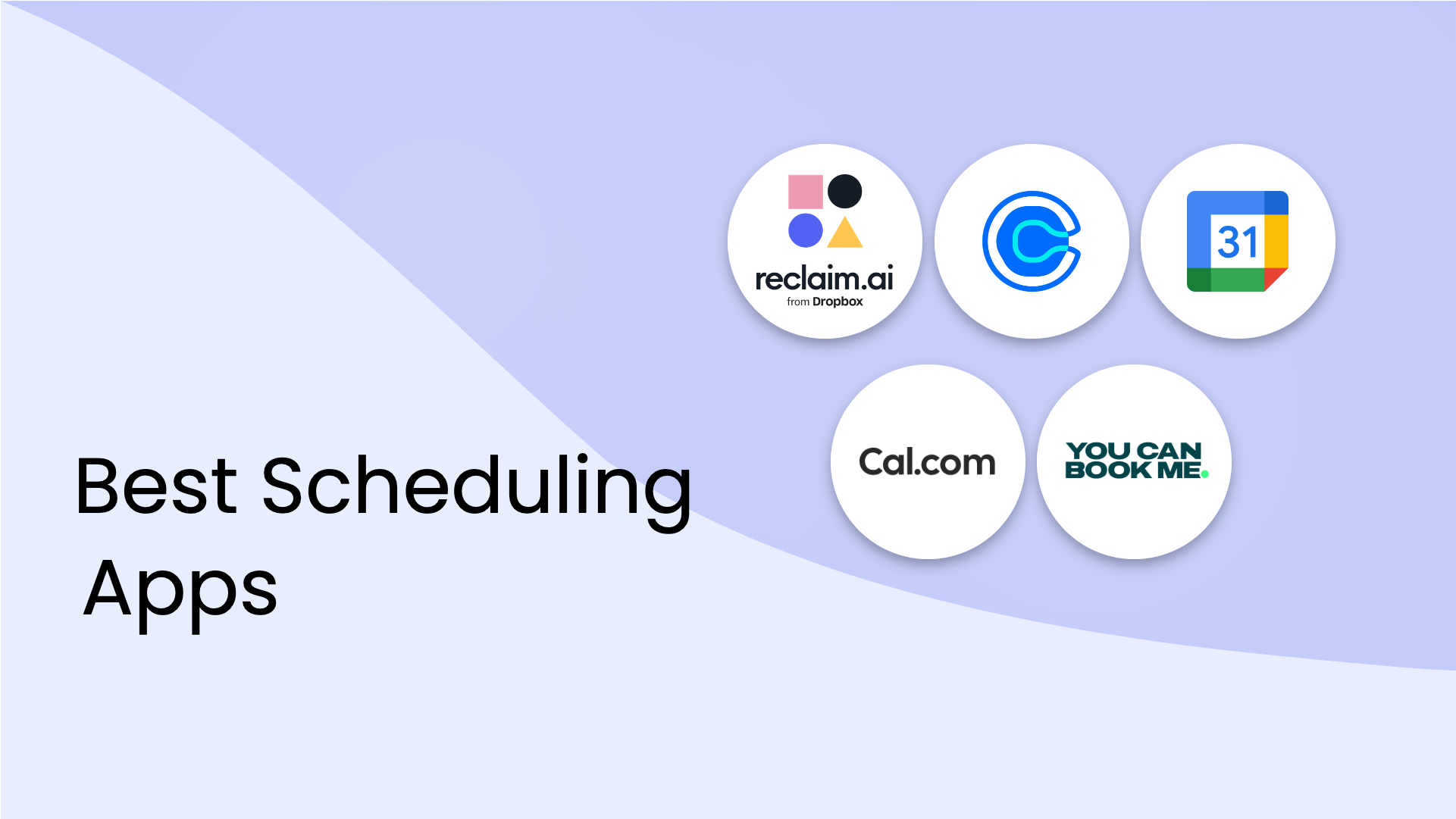
.png)


